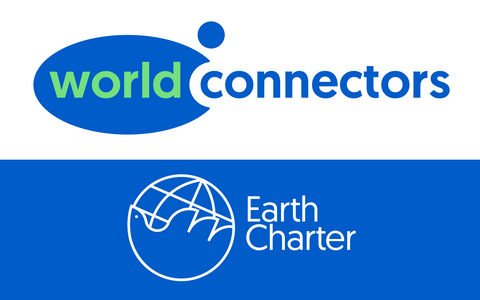SDG Food Initiative
It is widely known that transformation of the agri-food system is crucial to achieve the Sustainable Development Goals (SDGs). This point is stressed by the Food and Agriculture Organization (FAO) of the United Nations. The Director General, José Graziano da Silva states: ‘The SDGs are interlinked and interdependent. But SDGs 1 [poverty] and 2 [hunger] are particularly central to achieving the overall agenda. Many of the goals, such as health and education, cannot be achieved without Zero Hunger’. Hans Eenhoorn of Worldconnectors, former Vice President of Unilever (Foods) and member of the United Nations Task Force on Hunger puts it as: ‘We cannot accept a world in which one billion wealthy people are getting sick from over-consumption (obesity, diabetes, cardiovascular diseases etc.) whilst simultaneously one billion people are starving from food shortages, rendering so many physically and mentally incapacitated’.
Table: an overview of the food related SDGs.
| SDG 2 End hunger, achieve food security and improved nutrition and promote sustainable agriculture |
| 2.1 End hunger and ensure access to safe, nutritious and sufficient food |
| 2.2 End all forms of malnutrition |
| 2.3 Double the agricultural productivity and incomes of small-scale food producers |
| 2.4 Ensure sustainable food production systems and implement resilient agricultural practices that increase productivity and production |
| 2.5 Maintain the genetic diversity of seeds, cultivated plants and farmed and domesticated animals and their related wild species |
| SDG 12.3 Halve per capita global food waste at the retail and consumer levels and reduce food losses along production and supply chains, including post-harvest losses |
The Dutch government, private sector and civil society have taken many initiatives to work towards making the food sector more sustainable. The Dutch government highlights the need to address methane emissions and obesity in a CBS report and its efforts for food security and nutrition in a recent report. The private sector has taken dozens of initiatives, as shown in a report (in Dutch) by food business association FNLI. Civil society, organizations such as Hivos and Fairtrade International are working internationally to tackle hunger, poverty and agricultural sustainability, creating a Food Change Lab and Living Wage Benchmarks respectively.
The need for a Dutch SDG Food Roadmap
Whilst ambitions are high, we lack a clear policy vision, which includes a roadmap, an overview of initiatives, a monitoring system. The roadmap should give parties active in the food sector a clear idea of which actions should be taken, by when and whom. An overview of initiatives should show the gaps or successes and prevent complacency. A monitoring system should track progress and stimulate new activity where needed. A fine example of a roadmap for the energy sector for 2030 is Het Nationale Energie Akkoord. Without the policy vision, the Netherlands holds a short-sighted agenda to tackle the global food related SDGs.
The launch of the SDG Food Initiative (SFI)
HAS Hogeschool, True Price and Worldconnectors aim to contribute to the development of the SDG 2 policy vision using their expertise and leverage through the SDG Food Initiative (SFI). At the end of 2016, 40 food sector representatives stressed the need for this initiative at Transform Your World. Now, SFI is being carried forward through a dialogue with representatives of the sector on creating the policy vision. There are multiple ways to become involved:
Create a profile and upload your food related initiatives on the SDG Gateway: a ‘go to’ environment where Dutch SDG initiatives can be captured and found.
Support initiatives or seek sector expertise, reach out to Rosalie de Bruijn through [email protected]

